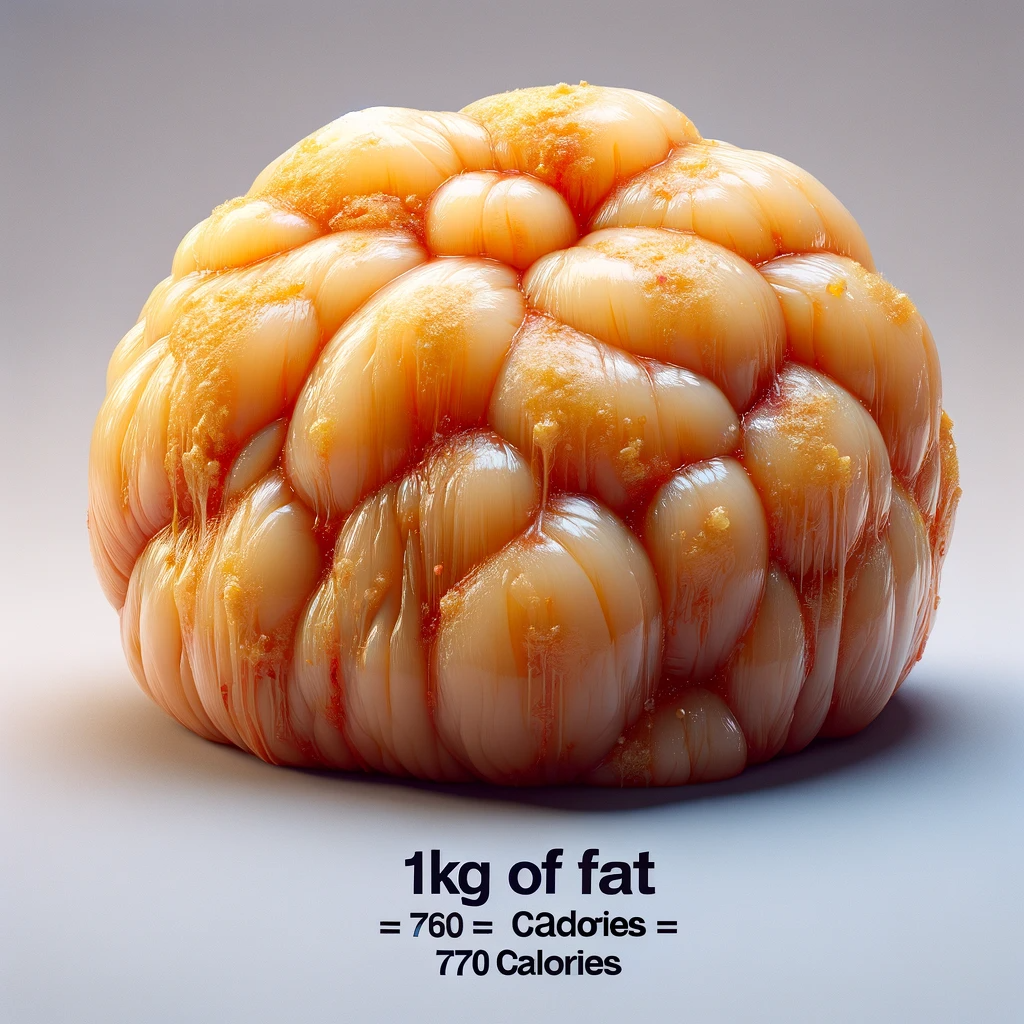
Can You Outrun Your Diet for Fat Loss? A Comprehensive Analysis
In the realm of fitness and weight management, a common adage often surfaces: “You can’t outrun a bad diet.” This statement underscores the crucial role that nutrition plays in achieving fat loss, often overshadowing the benefits of exercise alone. Despite the popularity of this belief, it’s essential to delve into the scientific rationale behind why diet is paramount when it comes to shedding unwanted fat.
The Science of Weight Loss
Weight loss fundamentally boils down to a simple equation: calories in versus calories out. To lose weight, you must consume fewer calories than you burn. Exercise increases the number of calories you burn, thereby supporting weight loss. However, the efficiency of exercise for weight loss is often overestimated, and here’s why.
The Limitations of Exercise Alone
- Caloric Expenditure: While physical activity, especially high-intensity workouts, can burn a significant amount of calories, it’s surprisingly easy to consume those calories back in a very short time. A single high-calorie meal or snack can easily offset the caloric deficit achieved through an hour of strenuous exercise.
- Appetite Increase: Exercise, particularly intense or prolonged sessions, can increase appetite. This natural response can lead individuals to consume more calories than they burned during their workout, negating the caloric deficit essential for weight loss.
- Metabolic Adaptations: The body is adept at adapting to increased physical activity levels. Over time, it becomes more efficient at using energy, which means it burns fewer calories for the same activities. This adaptation can slow down weight loss progress, making dietary adjustments even more crucial.
One kilogram (kg) of body fat is roughly equivalent to 7,700 calories. This is based on the understanding that 1 pound of fat contains approximately 3,500 calories, and there are about 2.2 pounds in a kilogram. Therefore, 3,500 calories/pound × 2.2 pounds/kg gives us approximately 7,700 calories in 1 kg of body fat.
To burn 1 kilogram of fat in one week through cardio, individuals of different weights would need to engage in the following amounts of moderate-intensity cardio activities like jogging each day:
1. 60 kg Individual
• Approximately 244.4 minutes per day
2. 70 kg Individual
• Approximately 209.5 minutes per day
3. 80 kg Individual
• Approximately 183.3 minutes per day
4. 90 kg Individual
• Approximately 163.0 minutes per day
5. 100 kg Individual
• Approximately 146.7 minutes per day
The Primacy of Diet in Fat Loss
Dietary control is arguably the most efficient strategy for creating a caloric deficit. Modifying one’s diet to emphasize nutrient-dense, lower-calorie foods can significantly impact fat loss efforts for several reasons:
- Greater Control Over Caloric Intake: It’s easier to control calorie consumption through diet than to try and burn off excess calories through exercise. Small dietary changes, such as eliminating sugary beverages or reducing portion sizes, can lead to a significant caloric deficit over time.
- Nutrient Optimization: A well-structured diet can not only reduce overall calorie intake but also ensure that you’re obtaining essential nutrients. This balance is crucial for maintaining energy levels, muscle mass, and overall health during the weight loss process.
- Sustainability: While exercise routines can be affected by factors such as time constraints, injuries, or lack of motivation, dietary changes can be more consistently controlled and maintained over the long term.
Balancing Diet and Exercise for Optimal Fat Loss
While the emphasis is on diet for effective fat loss, exercise should not be disregarded. Incorporating regular physical activity into your lifestyle can boost your metabolic rate, increase muscle mass (which burns more calories than fat), and improve your overall health. The key to successful fat loss lies in finding the right balance between diet and exercise tailored to your personal preferences, lifestyle, and goals.
Conclusion
The quest for fat loss is a multifaceted journey that requires a holistic approach. While you might not be able to outrun a poor diet, combining a well-planned nutritional strategy with a consistent exercise regimen can lead to sustainable fat loss and improved health.
Remember, the goal is not just to lose weight but to foster a healthier, more balanced lifestyle.



